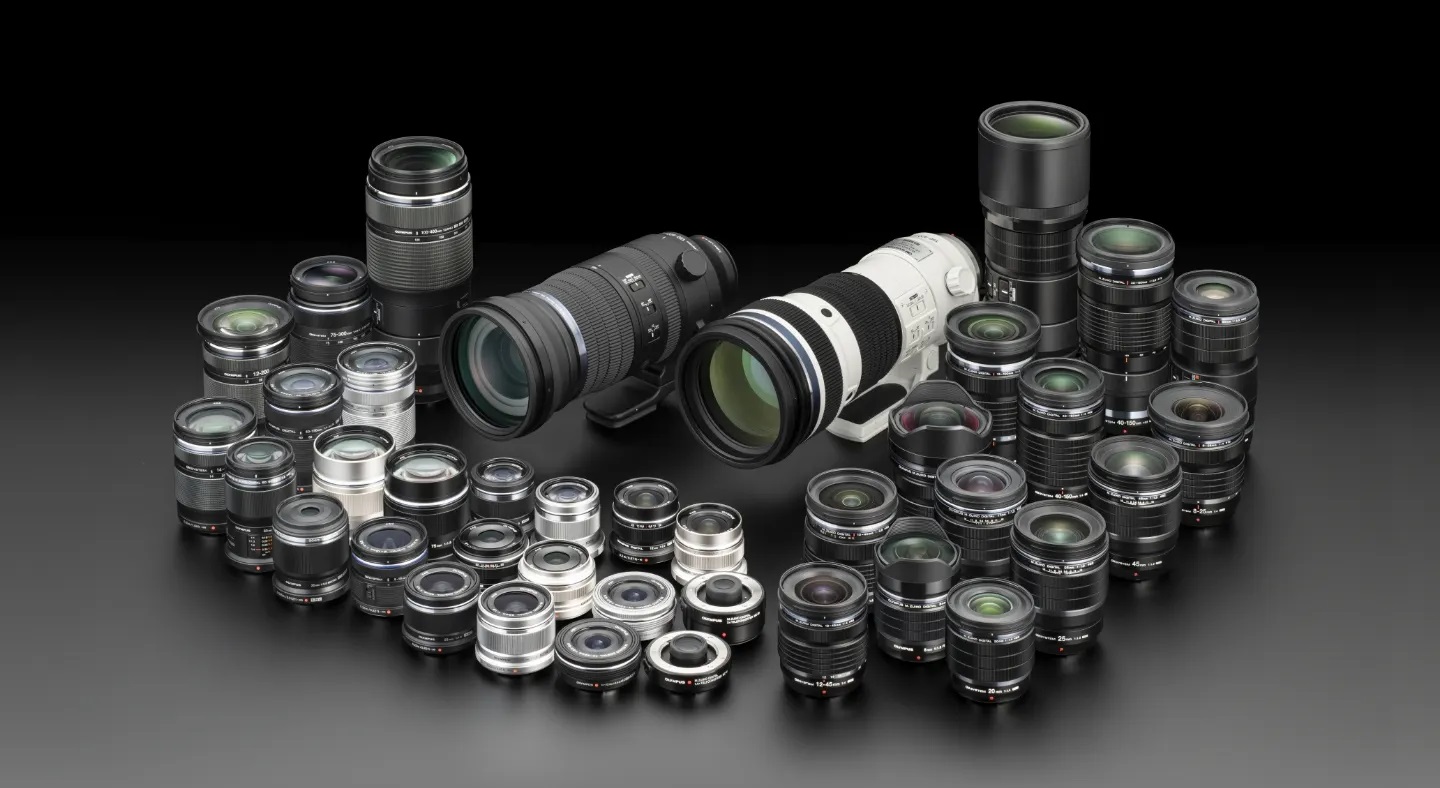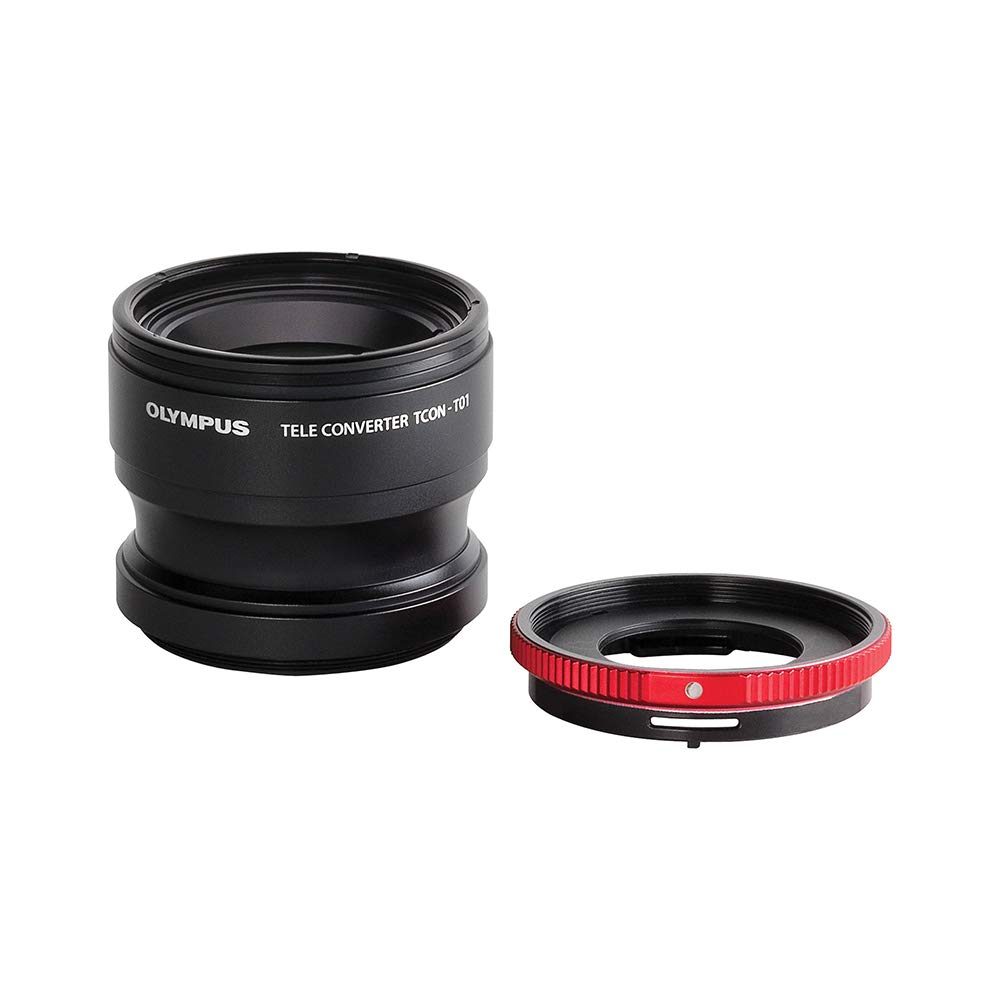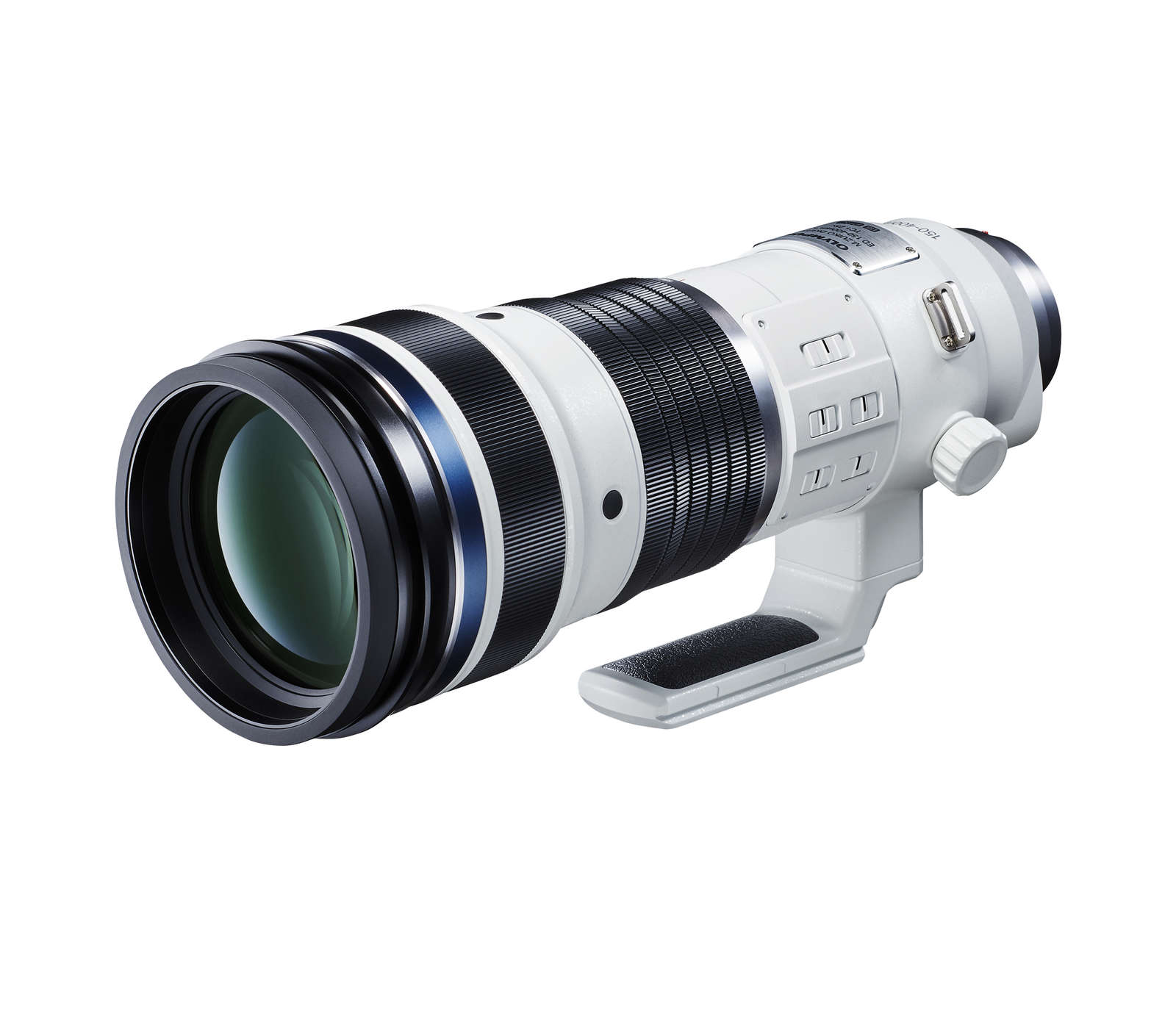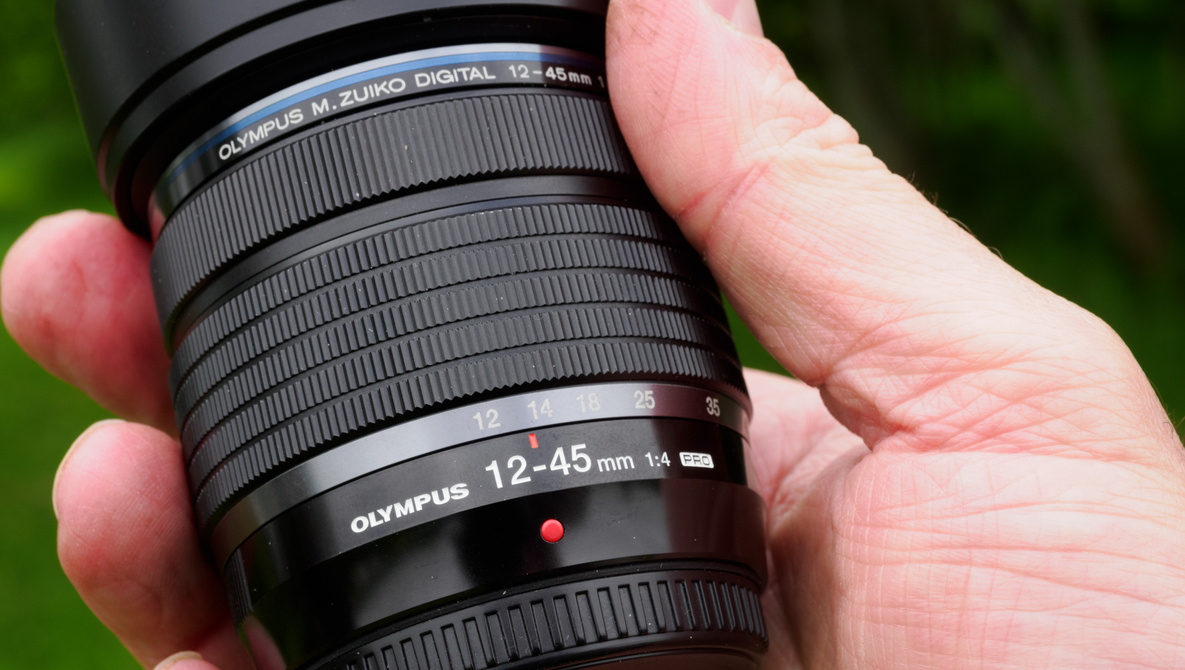When it comes to photography, the lens you choose is just as important as the camera body. Olympus has a reputation for crafting high-quality, versatile lenses suitable for a range of photography needs. From wide-angle lenses perfect for landscapes to telephoto lenses that bring distant subjects into clear view, there’s an Olympus lens for every type of photographer. Knowing how to select the right Olympus lens for your style and goals is crucial to capturing stunning images. In this guide, we will discuss the key factors you need to consider to make an informed decision on the Olympus lens that is best suited for you.
Understanding Lens Basics: Focal Length and Aperture
Identifying Focal Length for Different Photography Styles
The focal length of a lens, measured in millimeters (mm), determines its angle of view, which affects what and how much you can capture in your photos. Wide-angle lenses (14mm – 35mm) are ideal for landscapes and architectural photography as they have a larger field of view. Standard lenses (40mm – 60mm) are great for everyday shooting, resembling the human eye’s perspective. Telephoto lenses (above 70mm), on the other hand, allow for zooming in on distant subjects, making them perfect for wildlife or sports photography.
Aperture’s Role in Depth of Field and Light
The lens aperture is the opening that allows light to enter the camera and reach the sensor. It is indicated by an f-number (f/). Lenses with larger apertures (smaller f-numbers like f/1.8 or f/2.8) allow more light to pass through, enabling faster shutter speeds and better performance in low light conditions. They also offer a shallow depth of field, which is great for portraits with blurred backgrounds. Conversely, smaller apertures (larger f-numbers like f/16 or f/22) provide a greater depth of field, ideal for keeping extensive landscape scenes in focus.

Lens Types: Prime vs. Zoom Lenses
The Simplicity and Sharpness of Prime Lenses
Prime lenses have a fixed focal length, which means you cannot zoom in or out. What they lack in flexibility, they make up for in quality. Often, they offer sharper images with less distortion and better low-light performance than zoom lenses. They’re also typically smaller and lighter, making them a good choice for photographers who prefer to travel light or those who enjoy the challenge of composing with a singular perspective.
Versatility of Zoom Lenses for Varied Situations
For photographers who want more flexibility in their shots without changing lenses, zoom lenses are the way to go. Olympus offers a range of zoom lenses that cover everything from wide to telephoto lengths. While they may not always match the sharpness of prime lenses, modern zoom lenses have improved greatly and often come close. They’re excellent for situations where changing lenses frequently isn’t practical, like during events or when traveling.

Specialized Olympus Lenses for Unique Needs
Macro Lenses for Close-Up Details
Macro photography reveals a universe of fine details, and Olympus offers lenses that are specially crafted for such photography. These macro lenses enable you to approach your subject more closely and capture its complex details—envisage the delicate veins of a leaf, the intricate patterns on an insect, or the rich textures in common items. Olympus macro lenses offer true 1:1 magnification, producing life-size images of small subjects in stunning detail.
Pro Lenses for High-End Image Quality
Professionals and enthusiasts who demand the highest image quality possible often turn to Olympus’s lineup of ‘Pro’ lenses. These lenses are designed with superior optical elements and coatings, delivering sharp images, excellent color fidelity, and minimal aberrations. Built to withstand the rigors of professional use, they also offer weather sealing against dust and moisture, ensuring reliable performance in challenging conditions.

Final Considerations: Compatibility and Budget
Ensuring Compatibility with Your Olympus Camera
Before purchasing a lens, verify its compatibility with your Olympus camera. While most Olympus lenses are built for the Micro Four Thirds system, ensuring they work across a range of Olympus cameras, old lenses may not fit newer bodies without an adapter. You should also consider the crop factor, as the smaller sensor size of Micro Four Thirds cameras affects the effective focal length of the lens.
Balancing Quality with Budget
An essential aspect of choosing the right Olympus lens is finding a balance between quality and budget. Lenses vary widely in price, and while Pro lenses offer the best quality, they also come with a higher cost. Decide what’s critical for your photography style and consider investing in the best lens you can afford. However, more expensive doesn’t always mean better for your needs. Sometimes, mid-range lenses can offer the performance you need for a fraction of the cost.

Exploring Olympus Lens Accessories
In addition to the lenses themselves, consider the role of accessories in enhancing your photographic experience. Items such as lens hoods prevent lens flare and protect the front element, filters adjust light entering the lens and protect it from scratches, and lens cases ensure safe transport and storage. Olympus offers a selection of accessories compatible with their lenses, which can expand your creative possibilities and maintain the longevity of your investment.
Keeping an Eye on Future Photography Goals
As you advance in your photography journey, your needs may evolve, necessitating an assessment of your lens collection. While starting with a versatile zoom or a high-quality prime may suit your initial needs, you might find yourself drawn to more specialized lenses as your interests grow. Having a clear understanding of your long-term goals can guide your lens choices, ensuring that each addition supports your growing skills and expanding creative vision.
Leveraging Lens Reviews and Communities
Before making your final decision, tap into the wealth of knowledge available from other photographers. Online reviews, photography forums, and social media groups offer insights into how different Olympus lenses perform in real-world settings. Engaging with these communities can provide valuable information on the nuances of lens performance, user experiences, and even sample images taken with the lenses you’re considering. This research can be instrumental in helping you select the right Olympus lens for your photographic endeavors.

In summary, choosing the right Olympus lens is a combination of understanding photography fundamentals, evaluating personal needs, and considering budget constraints. By delving into specialized lenses for unique scenarios, ensuring compatibility with your camera system, and staying informed through community insights and reviews, you can make a confident choice that will elevate your photography and bring your creative visions to life. Remember that the right lens is not only about the specifications but also about how it feels in your hands and how it aligns with your creative expression.
